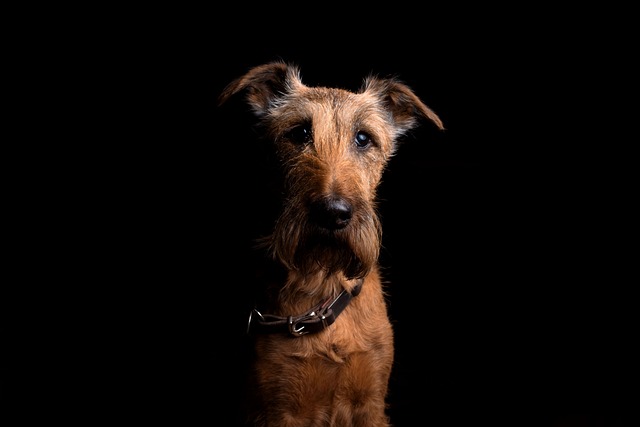
Is it dangerous for a dog to have respiratory disease?
Respiratory issues in dogs can range from mild sneezing fits after sniffing dusty grass to severe, life - threatening infections—and knowing the difference is key for every pet owner.
If you’ve ever heard your dog let out that harsh, “goose honk” cough after a trip to the dog park, you’ve probably wondered just how serious kennel cough really is. New dog owners often panic, imagining the worst—can this common condition actually be fatal? Take my friend’s story: Her 8-week-old puppy, Lola, came down with kennel cough a week after her first playdate, and she stayed up all night worrying, checking Lola’s breathing every 10 minutes. Kennel cough is usually mild, but like any illness, it can turn serious in certain cases. Knowing the difference between normal symptoms and red flags can help you keep your pup safe.
Kennel cough, or infectious tracheobronchitis, is an upper respiratory infection caused by viruses (like parainfluenza) or bacteria (often Bordetella). It spreads easily in crowded places—dog parks, boarding facilities, grooming salons—through sneezes or shared water bowls. For healthy adult dogs, it’s like a bad cold: a hacking cough that lasts 1-2 weeks, with no other symptoms. They eat normally, play gently, and rest more but recover fine. But puppies under 6 months, senior dogs, or those with weak immune systems (like dogs with diabetes) are at risk for complications. The real danger comes when the infection spreads to the lungs, causing pneumonia—a serious condition that can be fatal without treatment.
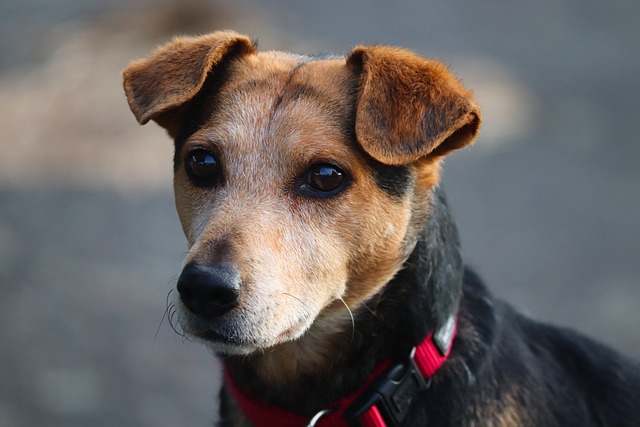
So when does kennel cough become life-threatening? Watch for these warning signs: a cough that gets worse instead of better after 7-10 days, difficulty breathing (labored panting, blue gums), a fever over 103°F, refusal to eat or drink, or extreme lethargy. Lola’s cough improved after 5 days with rest, but my neighbor’s 10-year-old bulldog, Max, developed pneumonia—he needed antibiotics and a week of vet care to recover. At home, help your dog rest: avoid long walks or rough play that irritate their throat, offer small sips of water frequently, and run a humidifier (helpful in dry apartments) to soothe their airways. Never give human cough meds—they can be toxic. Instead, distract them from coughing with a stuffed Kong toy, using positive reinforcement to keep them calm.
Preventing and managing kennel cough ties into responsible pet ownership. Many states or dog parks require the Bordetella vaccine (a common kennel cough preventive) for entry—check local rules to avoid fines. When your dog is sick, skip group play to stop spreading germs, and always clean up after them with poop bags (fines for littering hit $150 in some cities). In apartments, keep coughing fits quiet—avoid early-morning play sessions that might disturb neighbors. Never scold a sick dog for coughing; they’re not misbehaving, just unwell. With prompt vet care for serious cases and gentle home care for mild ones, most dogs recover fully from kennel cough.

Respiratory issues in dogs can range from mild sneezing fits after sniffing dusty grass to severe, life - threatening infections—and knowing the difference is key for every pet owner.

You’ve seen your dog seek out the cool tile floor on a hot summer day, sprawled out to escape the heat. It makes you wonder if those advertised
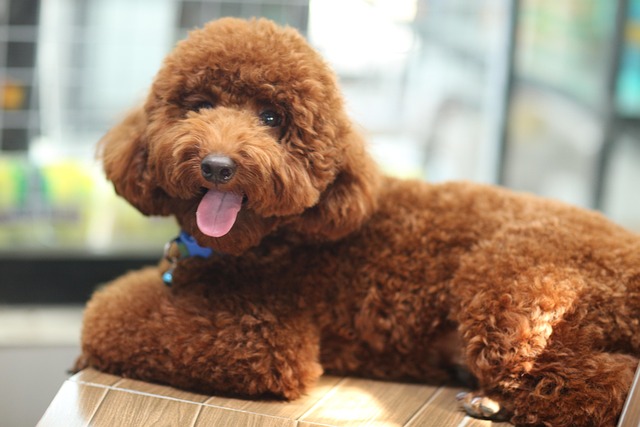
Watching your loyal companion slow down as they enter their golden years can feel bittersweet, but with the right care
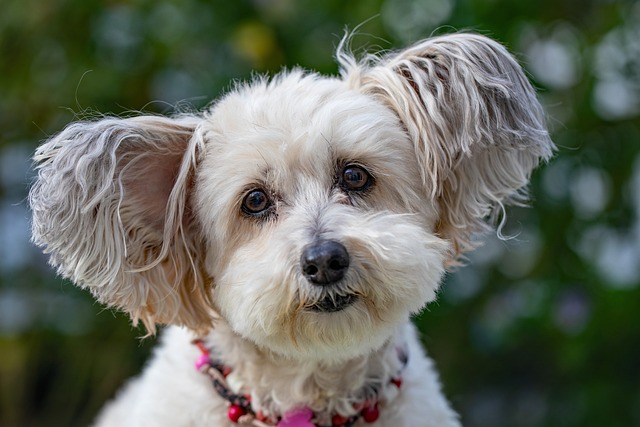
Coming home to a dog that’s muddy, shedding, or smells like wet grass can make even the coziest home feel messy.
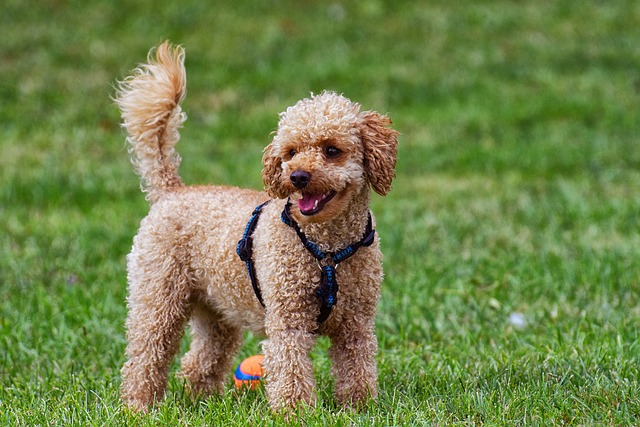
Watching your once-energetic pup slow down as they age can make you wonder if their food is still meeting their needs.
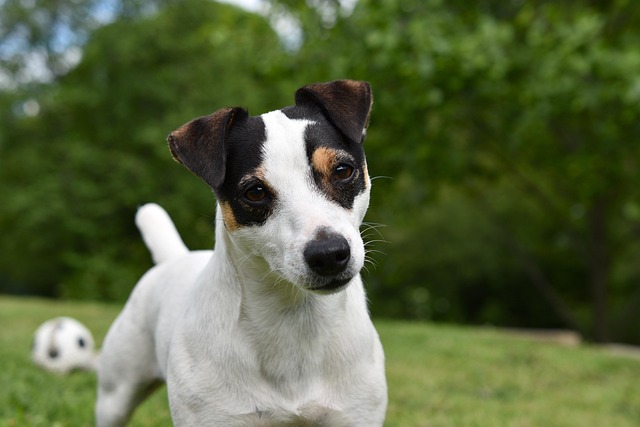
Dog scratching nonstop, licking their paws raw, or developing red, bumpy patches often signals allergic skin disease—common triggers include pollen, dust mites, or even certain proteins in their food.